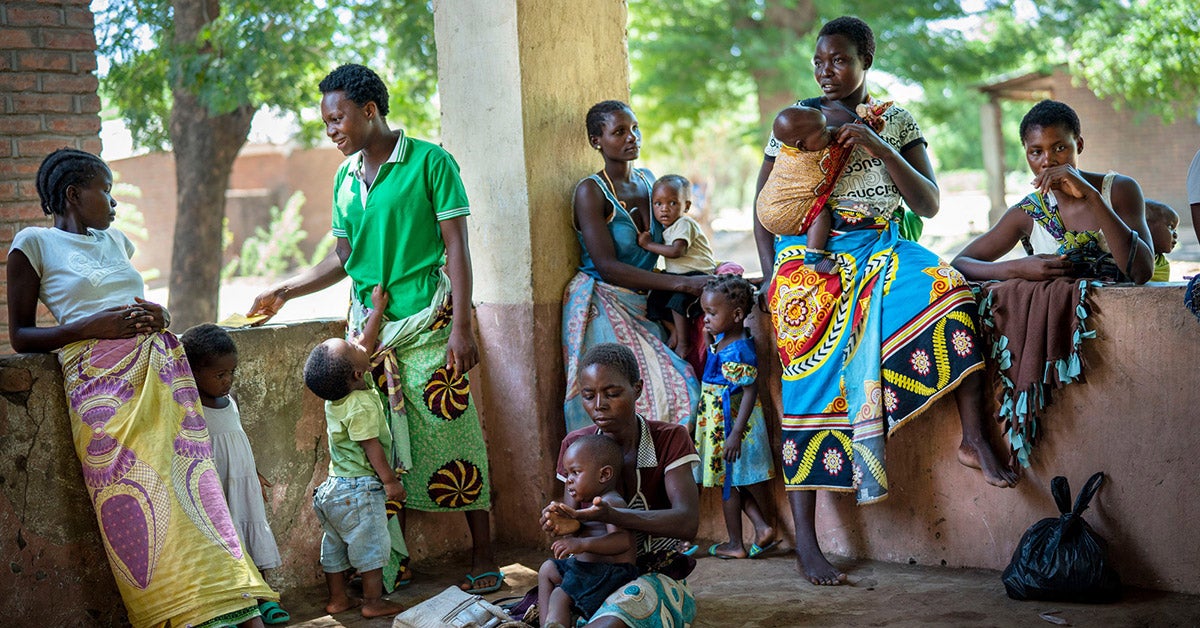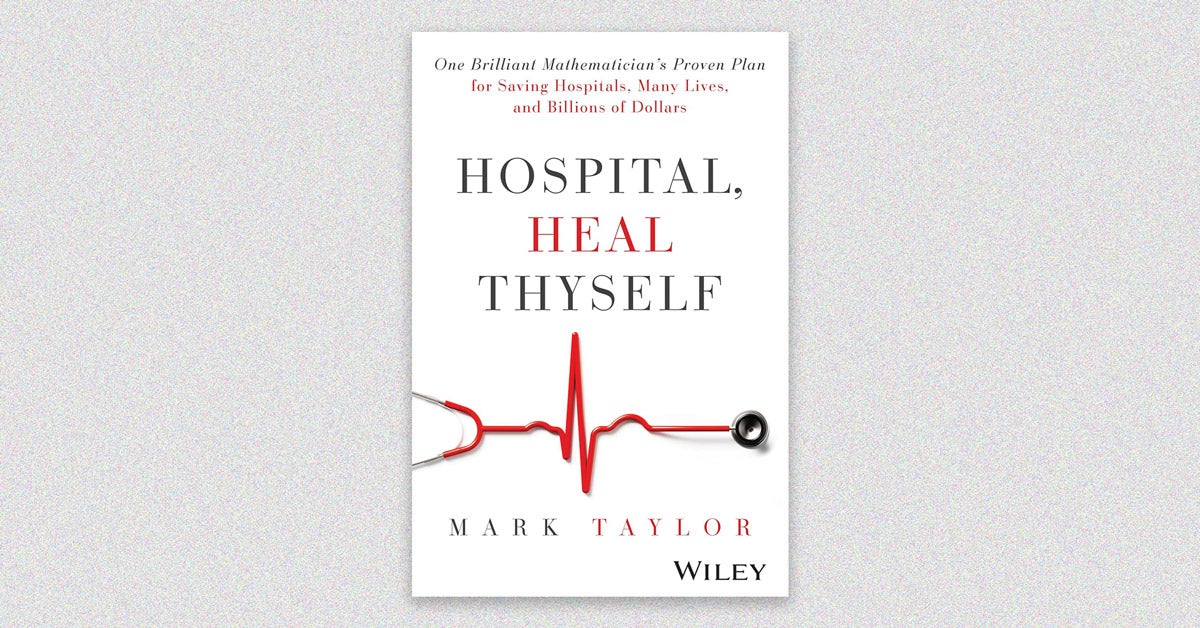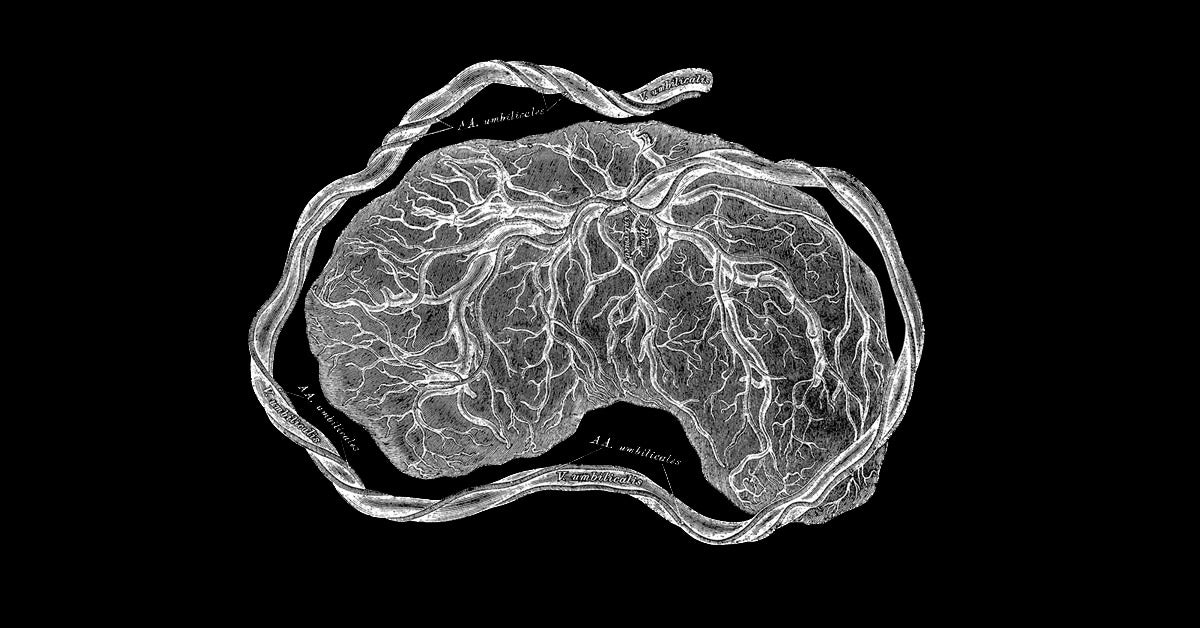Newsletter
HPH Weekly: The malaria vaccine is ready for Africa. Now comes the hard part.
This edition of Harvard Public Health Weekly was sent to our subscribers on June 6, 2024. If you don’t already receive the newsletter, subscribe here. To see more past newsletters, visit our archives.
It took decades to get a malaria vaccine. Now comes the hard part.

After more than 60 years of research, a multi-dose malaria vaccine is finally rolling out across Africa. In pilot campaigns reaching more than two million children, the vaccine reduced severe cases by 30 percent. Paul Adepoju writes that national vaccination campaigns face challenges in supply, distribution, and community trust. But health officials and outreach workers say they are capitalizing on lessons learned from COVID.
Smoothing the way

Journalist Mark Taylor’s forthcoming book, Hospital, Heal Thyself, examines the work of mathematician Eugene Litvak, who developed a formula for improving patient flow that can help hospitals address a range of woes. In an excerpt, Taylor takes us inside Cincinnati Children’s Hospital, where Litvak’s methods reduced the likelihood of medical errors, decreased waiting times, and expanded the hospital’s capacity to treat more patients.
Researchers look closer at the placenta

For answers on maternal and fetal mortality, researchers are looking to the placenta, writes Undark’s Claire Marie Porter. One researcher says the organ is “critical to support fetal development, so you would think we know everything about it”—but there’s still much to discover, Porter says.
Snapshot: Every organ responds to exercise
Researchers found that exercise changed the metabolism, immune system, and all 19 organs, at a molecular level, in rats. HPH spoke with one of the study’s authors, Sue Bodine.
What we’re reading this week
Menstrual health advocacy in Cameroon →
Think Global Health
What a leading epidemiologist says you should know about the bird flu →
Barn Raiser
Urged on by LGBTQ+ activists, California cities weigh stricter smoking rules →
KFF Health News
PTSD has surged among college students →
The New York Times
How the pandemic gave power to superbugs →
NPR
- Related: Tracking superbugs in the wake of war →
Harvard Public Health
